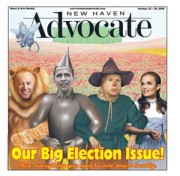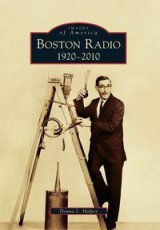 You won’t find a better example of the difference between a reporter who’s immersed in her beat and one who’s a generalist. The New Haven Register and the New Haven Independent today reported on the latest high-school test scores — a big deal everywhere, but especially in New Haven, where a nationally watched education-reform effort is under way.
You won’t find a better example of the difference between a reporter who’s immersed in her beat and one who’s a generalist. The New Haven Register and the New Haven Independent today reported on the latest high-school test scores — a big deal everywhere, but especially in New Haven, where a nationally watched education-reform effort is under way.
Both the Register’s Abbe Smith and the Independent’s Melissa Bailey wrote that there were some especially notable improvements at Wilbur Cross High School, which the school superintendent, Reginald Mayo, referred to as having done an “extraordinary job.”
But the Independent also reported that the number of Wilbur Cross students taking the test this year was 200 lower than the previous year, and that those 200 comprised some of the most challenged students in the system. Bailey’s lede:
Pop quiz: If test scores at Wilbur Cross High School go up, but the number of test-takers drops by 200 — or by more than 50 percent, with many low performers gone — should the district tout “extraordinary” gains?
I’m not picking on Smith, who’s a good reporter. But Bailey is immersed in the New Haven school system, having visited classrooms across the city and written dozens of stories, some of them quite in-depth. A few months ago, I had a chance to accompany her to an elementary school, where we spent the morning sitting in on a teaching-team meeting, a reading-team meeting and even a teacher evaluation, which we were allowed to attend on the grounds that we not identify the teacher.
When you’ve got that kind of background knowledge, anomalies like the Wilbur Cross scores jump out at you.
Oh, and, by the way, Wilbur Cross principal Peggy Moore seems to be a real piece of work.


 The
The  Please join me next Wednesday, July 13, in welcoming my friend
Please join me next Wednesday, July 13, in welcoming my friend